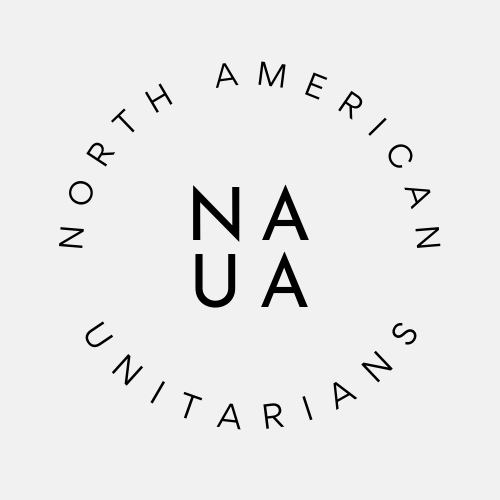Time for a Sunday Play Club update, especially now that the new playground is fully funded and ready to be ordered!
In last month’s blog, I mentioned the necessity of stepping back to let children fail. Today we’ll dig a little deeper into why that is so hard to do in a society where “Be careful!” is a near-automatic response to seeing our children take a risk.
The pandemic taught us a lot about risk tolerance, possibility versus probability, and mitigation strategies. Some of these concepts apply to play too.
Puzzling Playground Designs
Most American playgrounds, especially those found in public spaces like parks and schools, are designed to minimize risk. Sharp edges are softened, slides are guardrail, and age, height and weight restrictions are posted.
But this isn’t the case everywhere! Check out this video of a school in New Zealand that has a “no rules” playground filled with old tires and jagged lumber. It’s very Lord of the Flies, and you’d expect a lot of injuries to result from the lack of safeguards. This isn’t the case, however. Connection and confidence are up, and bullying and injuries are down. A similar playground exists in Wales; it is known simply as The Land. Hanna Rosin’s Atlantic article “The Overprotected Kid” does an excellent job exploring The Land and what it can teach fear-based societies about play.
Playgrounds that encourage risk-taking promote decision-making. And decision-making is what helps children refine their sense of themselves and their world. Whenever they make a choice, they are given an opportunity to learn from the outcome.
Choose Your Own Words Wisely
Just like kids, we adults make choices. Sometimes, though, a word or a phrase comes out automatically because of a habit. “Be careful!” is one of those phrases. Kate Sundquist, a blogger at Let Grow, has reflected on her own overuse of this phrase, especially when she’s watching her son play on a playground. She identifies it as a nonspecific phrase that does nothing to help your child manage risk for themselves.
She writes in this blog post, that
“using phrases that empower our confident kids to manage risk on their own not only gives them important information about their environment, but it also teaches them that they’re capable of doing it. When we stop telling our kids to be careful and instead provide them with the useful and necessary information they need to make their own risk assessment, we build their confidence, increase their resilience, and give them the tools they need for independence.”
So yes, you might see kids in the church’s backyard running too fast or climbing too high, but resist to call out “Be careful!” and remember they are doing the work of children by playing.
Sign up here to be a volunteer Play Club supervisor in August or September!

